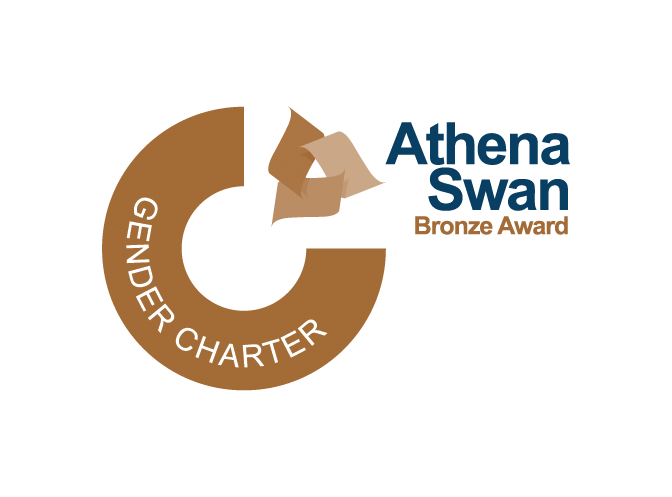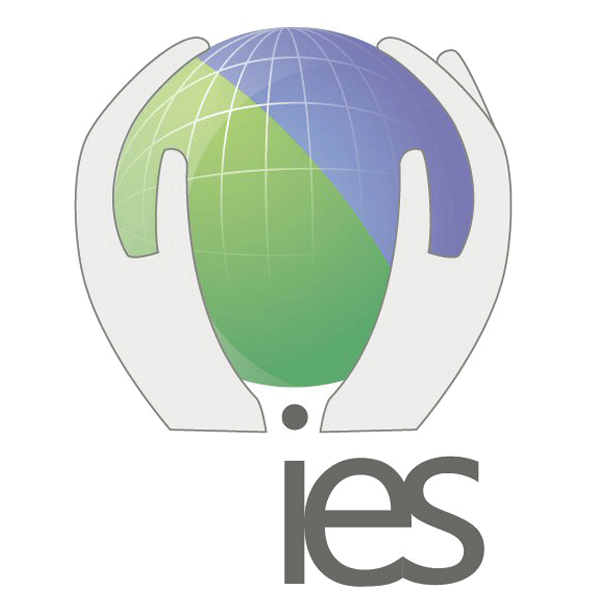Funding a PhD
Funded places are available through the CENTA/Faculty scheme, and the ILESLA scheme described below. You can also contact us to discuss a 'candidate-initiated project, and/or apply to 'self-fund' your PhD.
BBSRC-NERC funded ‘Interdisciplinary Life and Environmental Science Landscape Award’ (ILESLA) PhD studentship opportunities
A new doctoral training initiative, the Interdisciplinary Life and Environmental Science Landscape Award (ILESLA), has been launched to address pressing societal and environmental challenges. The Biotechnology and Biological Sciences Research Council (BBSRC) and the Natural Environment Research Council (NERC) are funding the programme, which will run from 2025 to 2033.
Led by the University of Oxford, the programme brings together an esteemed consortium of academic and research institutions, including The Open University (OU), Oxford Brookes University, The Pirbright Institute, and the Harwell Science and Innovation Campus. The initiative aims to foster a new generation of researchers capable of tackling critical challenges at the intersections of biological and environmental sciences.
To learn more, including on how to apply, please click here.
___________________________________________________________________________
CENTA and STEM Faculty Studentships
NERC CENTA-funded studentships
We welcome applications for CENTA studentships, which are co-funded through the NERC CENTA Doctoral Training Consortium and the OU.
The studentships provide an annual stipend, a research training support grant, and all academic fees are covered. The deadline for applying for a CENTA PhD studentship will be announced on an annual basis (see Current Opportunities and How to Apply).
In the video below, Eleni Wood talks about the benefits of being a CENTA student and how she went about applying.
Eleni Wood:: I'm Eleni Wood and I am a PhD student at The Open University.
I'm studying how mountain belts deform, so my specialism is in metamorphic geology.
Caption:: What's it like being a CENTA student?
Eleni Wood:: My PhD is funded through the CENTA doctoral training programme, which is one of the NERC doctoral training programs (DTP). One of the benefits of this is that I have access to a huge amount of different kinds of training. So in your first year you'll kind of have generic training that gives you skills that you're going to need to be a researcher as well as giving you an opportunity for broadening your horizons in terms of your scientific understanding within the field.
And then as you go throughout your PhD, the training that you can receive becomes a little bit more specialized, so for instance you can have training in how to write your thesis, how to go to conferences, how to apply for funding, postdocs, and lots of kind of career advice that helps you advance both your skills within your PhD but also gives you skills for after you finish your PhD, depending on what kind of fields you want to go in - whether that's continuing in academia or actually leaving academia and maybe going into industry or any other kind of job. So the DTP is really useful in that respect.
In the first year you'll have a training week, which for me took place in Tenerife, and this gives you an opportunity to meet all of the other students who on your cohort and that's another really great thing about the DTP is that you have such a varied range of students studying a huge amount of different topics - so it's a really interesting kind of group to be in and lots of kind of sharing of information knowledge and just kind of socializing and having a good time. It's a really, really fun environment to be a in whilst being a Ph.D. student and you get to meet other students from different institutions as well as your own, which is just invaluable.
Caption:: How did you apply for a CENTA PhD?
Eleni Wood:: Before applying for a PhD, I had a good idea that I wanted to study something within the field of metamorphic geology, so I looked at the different PhDs that were offered by the DTP, by the CENTA DTP, I found that the Open University was a place that's brilliant for metamorphic geology - particularly working out in the Himalaya. So, what I did from there was, I got in contact with the lead supervisors of the project and I had a good chat with them over email first and then came to the Open University to meet them and discuss the project itself. And then following on from that when I decided that I actually wanted to do the PhD, I went through the process of the online application form, submitted my CV and my personal statement, and from there you end up having an interview with an interview panel that lasts for about half an hour and it also, on the day, I got an opportunity to have a look around the campus of the Open University and also speak again to the supervisors and discuss in a little bit more detail and depth the project and what it was going to involve.
STEM-funded studentships
These PhD opportunities are funded by the STEM Faculty at the OU. The studentships provide an annual stipend, a research training support grant, and all academic fees are covered.
The deadline for applying for a STEM PhD studentship will be announced on an annual basis (see Current Opportunities and How to Apply).
Other externally funded studentships
Periodically we have PhD studentships available that are funded through various external sources, such as charities, other DTPs, or project grants. The deadline and eligibility for applying for these PhD studentships vary, so please check the announcements (see Current Opportunities and How to Apply).
Candidate-initiated PhD projects
For NERC and STEM funded studentships, as well as self-funded PhD projects, we welcome candidate-initiated PhD projects. If you wish to co-design a project with a supervisor here at the OU, then you must contact them well in advance of the application deadline to develop the project together. You can find a potential supervisor through looking at our research pages and contacting the Research Group Lead.
If you need help finding a potential supervisor then please contact the Postgraduate Research Tutor, Kadmiel Maseyk.
Self-funding
You may wish to apply as a self-funded PhD student. If this is the case, the best place to start is by contacting an academic staff member who might become your supervisor to discuss your research ideas. They may be able to advise on applying to funding bodies and putting together a research proposal.
To start looking for an academic supervisor, we suggest that you look at our research pages and contact the relevant Research Group Lead.
In the video below, Kerry Reid talks about how she came to do her PhD at the Open University.
Kerry Reid: Hi, my name is Kerry Reid and I'm a third year PhD student here at the Open University. For my PhD I'm looking at an active volcano called Masaya in Nicaragua and how the degassing impacts the local people that live around it.
I studied physical geography at Aberystwyth University for my undergraduate and it's there that I got the taste for volcanoes so I decided to pursue this at Bristol University for my Masters in volcanology and here I am doing my PhD.
During my Masters I got to work on volcanoes in Guatemala and it was then I got a real sense for volcanology and how it works in Central America and that's what I decided I'd like to look further into for my PhD. So in regards to how I found my Ph.D. it was really just a bit of Googling. I looked at people at work in Central America and looked at the areas that they were interested in. So I contacted various people and I was eventually recommended a supervisor that I'm now working with. And so I suggest you get in touch, get chatting to different people and don't be afraid to do it off your own bat.
News
Celebrating our new Professor of Ocean Biogeochemistry, Pallavi Anand
We are celebrating another new professor in EEES, following the promotion of Dr Pallavi Anand to Professor of Ocean Biogeochemistry.
Celebrating our new Professor of Planetary Mineralogy, Susanne Schwenzer
We are celebrating a new Professor in EEES. Dr Susanne Schwenzer has recently been promoted to Professor of Planetary Mineralogy.



